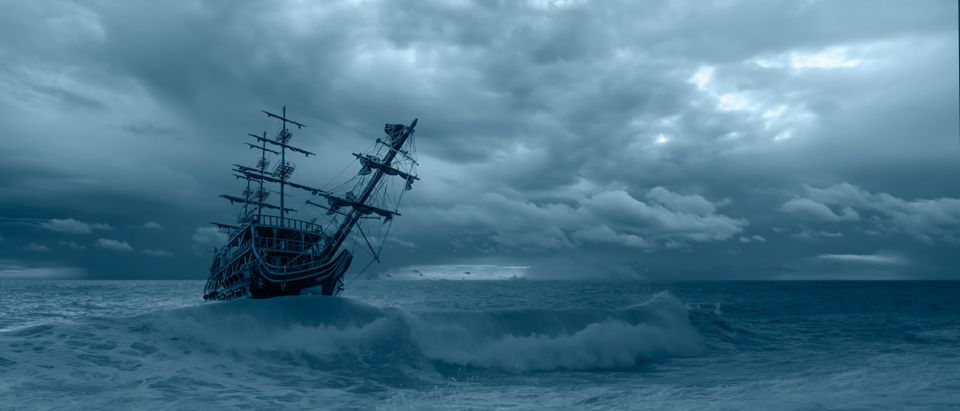The Associated Press issued a new update to their style guide Monday focused on how best to use the pronoun “she” in various contexts.
Apparently we’re not supposed to use the “she” pronoun when discussing “nations, ships, storms, or voice assistants,” The AP Stylebook’s official Twitter shared in an update on Monday. Who knew we’d been misgendering random, genderless objects that don’t procreate for so long? Shame on us.
Our style: Don’t use the pronoun “she” in reference to nations, ships, storms or voice assistants except in direct quotations. Use “it” instead.
— APStylebook (@APStylebook) August 22, 2022
Jokes aside, there are certain elements of AP’s update that may not sit well with those who use the term “she” to refer to ships. Describing ships as “she” is a tradition as old as time itself.
The tradition reportedly stems from the idea that one’s ship is a “female figure such as a mother or goddess guiding and protecting a ship and crew,” according to Imperial War Museums. One of the few examples of ships being gendered as “he,” came from Captain Ernst Lindemann of the Bismark battleship, which he did in “view of its awesome power,” the museum site noted.
It feels like referring to ships as “she,” is less of a decision that AP gets to make, and more of a personal choice. Similarly, referring to a nation as “she” is apparently a callback to our “motherland” and hasn’t really been used widely for decades, The Hill noted.
As for storms, naming them after women seems to have originated from an Australian meteorologist, Clement Wragge, who used to entertain himself by choosing names of women, mythical figures, and politicians he didn’t like, Britannica reported. Who can blame, Wragge? He started doing this in the 1890s, so it’s not like there was much else to do to kill time. (RELATED: Death Valley National Park Experiences Rare, Massive Flooding)
Amazingly fun fact: in the 1970s, feminists fought to have the tradition of naming storms changed to include male names. The move was met with resistance because apparently people “would not take storms seriously if names did not evoke images of female fury,” The Washington Post reported. Call me crazy, but that made me feel pretty powerful. Can we have a Storm Kay, please?
By 1978, we started using a range of different methods to name storms that use both male and female proper nouns for people, The Washington Post added. In terms of misgendering voice assistants, The AP can blame Apple and Amazon for creating “Siri” and “Alexa.”
Of course, none of this is relevant to how you write about nations, ships, storms, or voice assistants. I just really love writing about weather, history, and naming conventions, I guess.


